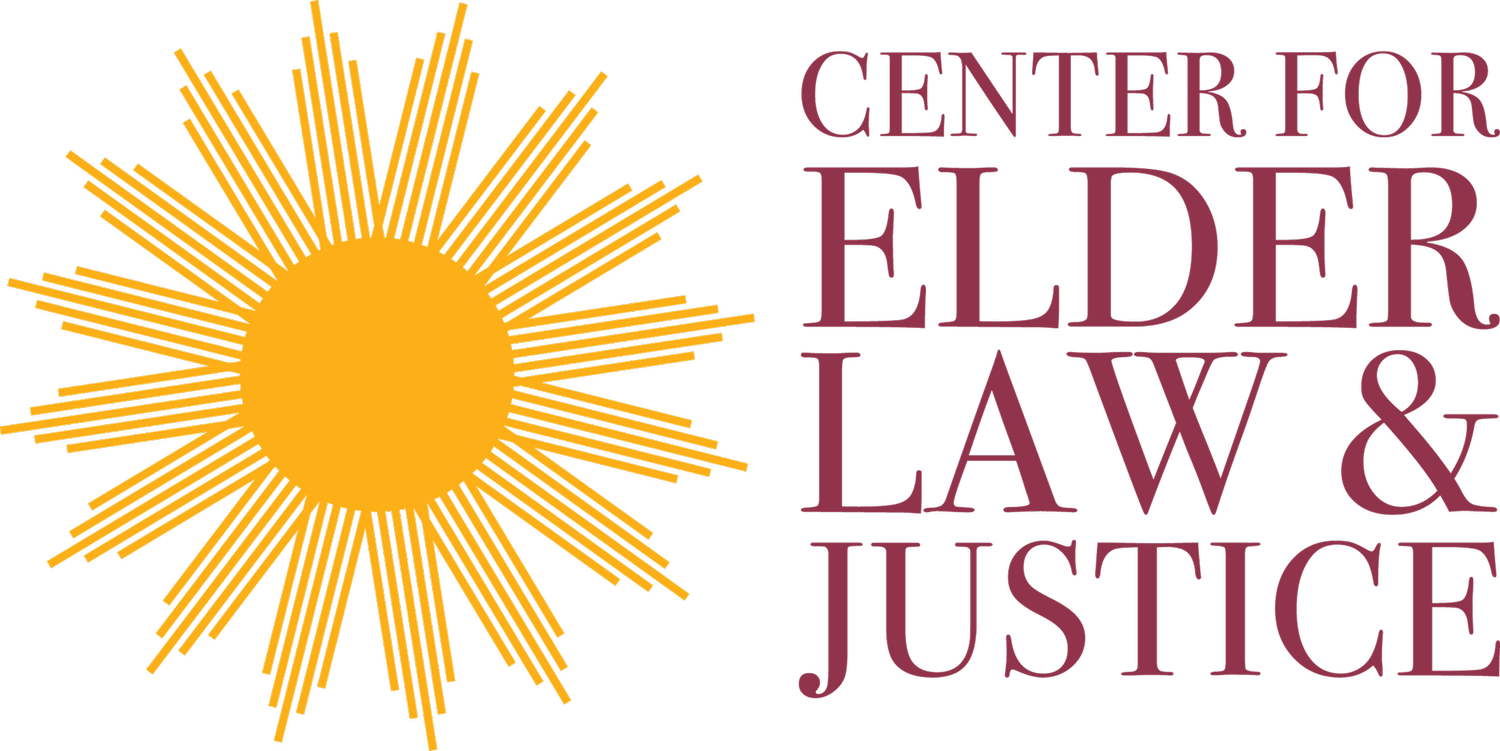Celebrating national Family caregivers month
November is National Family Caregivers Month, a time for us to recognize the hard work that so many people put in so that their loved ones can have the best possible quality of life. Caregiving can take on many forms, from occasional visits, advice, and assistance to full-time care. In my role with the Family Guardian Support Project here at the Center for Elder Law & Justice, I work with many family caregivers when their role becomes more formalized through court appointment as Article 81 guardians. I work with guardians on their accounting and other documentary obligations to the court, and I provide general advice about whatever issues they may face as Guardian. In my role, I see how much these caregivers do for their loved ones in their day-to-day lives. Therefore, I wanted to highlight a few particularly inspirational cases. Names have been changed to protect identity, anonymity, and confidentiality, and stories have been slightly fictionalized.
Naomi and Jim
Naomi’s husband Jim has been living with dementia for several years. A few years ago, Jim was in a nursing facility for a short time but in times of declining quality of care and rising costs, Naomi made the decision to bring him home. Since then, she has gone above and beyond to keep her husband at home. They’ve moved to a smaller one-floor residence so that Jim has an easier and safer time moving around. Naomi helps Jim with his activities of daily living, such as getting dressed. She coordinates all of Jim’s doctor’s appointments. She sees to his every need, every day. When you tell her she is incredible for taking such good care of her husband, she waves away the compliment and every time she says, “He would do the same for me.”
Bobbie for Timothy and Clarissa
Bobbie is the Guardian of her parents who both have dementia. Upon her parents’ decline, Bobbie moved back to Western New York from her home in the Midwest and put her career on hold to care for them. After caring for both of her parents’ every need at home and coordinating all their appointments for months, Timothy’s dementia progressed rapidly, and he had to move to a skilled nursing facility. Bobbie continues to care for Clarissa at home, and they visit Timothy every day. Often, they visit twice a day. Bobbie also coordinates Clarissa’s attendance at a day program so she can have a social and recreational outlet. With no other family available, Bobbie has been critical in ensuring her parents are safe and well-cared for.
Rachel and Wilson
Rachel’s son Wilson has special needs. Rachel has been Wilson’s guardian since before Article 81 Guardianship existed in NYS. For a long-time, Wilson was able to be relatively independent and lived in a group home, with Rachel managing his finances and healthcare. However, with a noticeable decline at the group home, Wilson agreed to come live with Rachel more than a decade ago. Since then, Rachel, who is now in her mid-80s, has seen to her son’s needs at home. Rachel has coordinated daily programs and activities for Wilson so that he gets plenty of recreational time. Wilson has been able to thrive due to Rachel’s caregiving.
These are the brief stories of just a few of the caregivers that I work with through their formal roles as Guardians. All over the world, caregiving is mostly borne by family members, mostly by women, and is mostly unpaid. The World Health Organization estimates that 70% of informal caregiving is provided by women. When incorporating formal caregiving, women still tend to shoulder more of the burden; it is estimated that 57% to 81% of all caregivers for the elderly are women depending upon the country. The New York State Office for the Aging estimates that there are 4.1 million caregivers in New York, the economic value of whose work is 32 billion per year. Many of these caregivers are family caregivers. This month, we thank and recognize caregivers of all genders, formal and informal, but we wanted to especially thank women caregivers for their heroic daily work for their and our loved ones.
The Family Guardian Support Project is funded by the Ralph C. Wilson, Jr. Foundation as well as Foundation 214. Thanks to their generous support, Family Guardians in the eight counties of Western New York are offered support, technical assistance, and advice after they are appointed Guardian, at which point, historically, there has been very little support. If you are appointed as the Article 81 Guardian of a loved one in Western New York, please reach out at 716-853-3087, ext 316, and we’ll do everything we can to make sure you are a successful Guardian.
